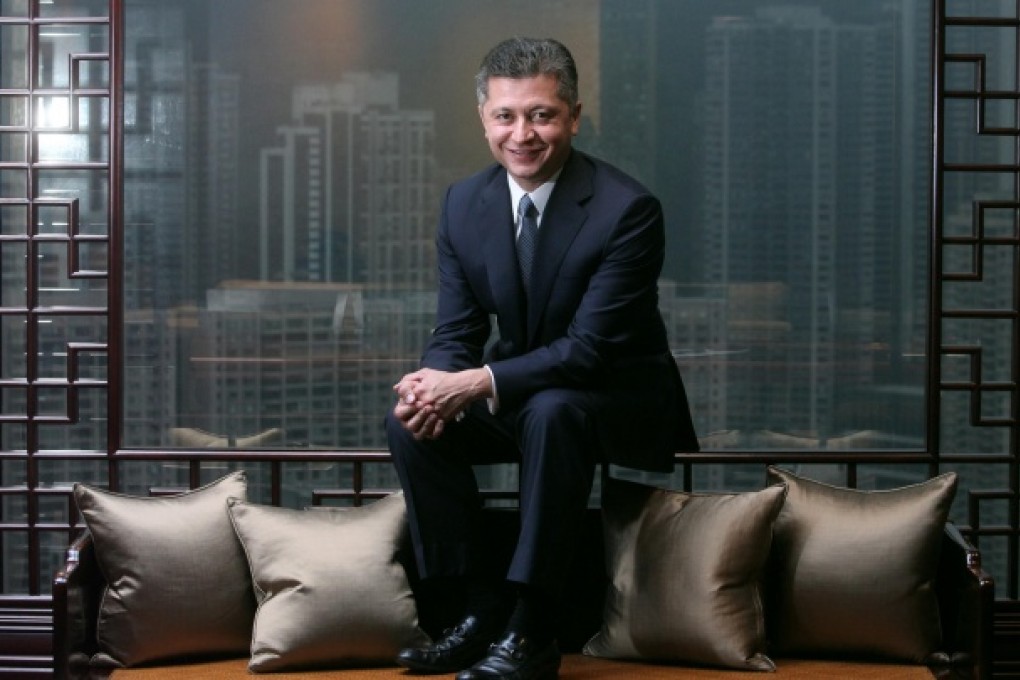Three factors keeping reits in good shape, say analysts
Low interest rates, strong commercial property market and capital flows make the real estate investment trust sector attractive and safe

The real estate investment trust market should remain rosy this year, according to analysts who say the sector has become a safe haven for investors seeking to avoid policy risks in the residential property market.
Goldman Sachs' head of real estate investment banking for Asia excluding Japan, Michael Smith, said low interest rates, a strong commercial property market and capital flows were the three factors that had made the reit market more attractive.
"People compare the dividend they get from a reit versus the interest income they get from a bank. With interest rates globally now low, the US Fed and other regulators printing money and keeping interest rates as low as they are, there has been a very positive impact on reits," Smith said.
Another favourable factor was the strong commercial real estate market, which had not been affected greatly by the cooling measures in the residential market in places such as Hong Kong, the mainland and Singapore, he said.
"A lot of the investors are more cautious about investing in development companies but they still want to have real estate exposure," Smith said. "They want to have more of a defensive exposure rather than a growth exposure because of the regulations that are affecting the developers. So that's why there is a lot of capital going into the reit market."
He believed these factors would remain positive this year, thus encouraging some developers to spin off their hospitality assets and list them as reits. For instance, both New World Development and Great Eagle are planning to hive off their hotel properties to cash in their value.